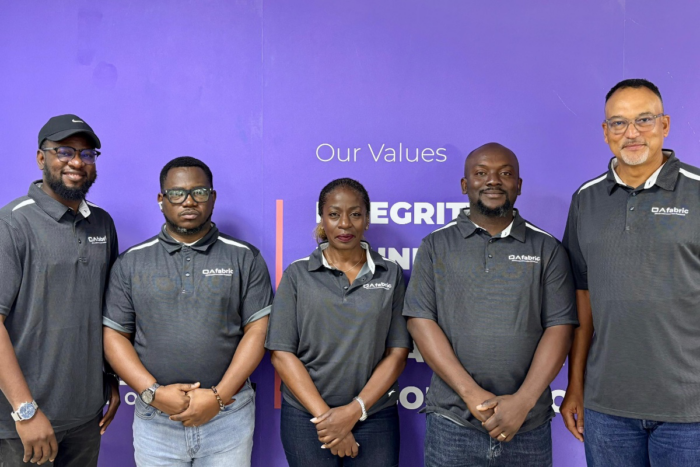Africa’s digital economy got a big boost on Thursday when Open Access Data Centres (OADC) launched a new platform called Open Access Fabric (OAfabric) in Nigeria and the Democratic Republic of Congo (DRC).
OADC’s CEO, Dr. Ayotunde Coker, said this platform is a major step forward for Africa’s digital future. It’s built to remove the old problems that have slowed down the use of cloud services, business growth, and connections between countries.
OAfabric is now running at OADC centres in Lagos and Kinshasa. It gives businesses fast, safe, and direct access to cloud services and local networks. It helps solve problems like high internet costs, slow connections, strict rules, and the lack of affordable data centre space.
At a press conference in Lagos, Coker explained that OAfabric was created to tackle the real challenges African businesses face. It lowers computing costs, improves performance, gives better access to the cloud, and helps companies grow faster and more confidently.
This launch is part of a bigger plan by WIOCC Group to build digital infrastructure across Africa. Starting with a major undersea cable project in East Africa, the company has now invested in big internet cables with Google and Meta, national fibre networks in Nigeria and South Africa, and powerful data centres in several African cities.
Coker highlighted that Nigeria, especially Lagos, has a big advantage because of its location. Lagos connects to Europe with much faster internet speeds than normal connections, making it ideal for using cloud services and artificial intelligence.
He added that OAfabric is more than just technology—it’s about real change. It removes limits and allows smooth, fast connections between African and global networks, making it easier to use digital services.
OAfabric works directly with OADC’s data centres, which already host many telecom companies, internet exchanges, and businesses. In Lagos, the main data centre in Lekki has 2 megawatts of power and plans to grow to 24 megawatts. The Kinshasa centre has also quickly improved the city’s digital services.
The system is also built to be strong. When undersea cables were damaged last year, WIOCC’s network helped restore internet in Nigeria in just a few days instead of months, thanks to their \$500 million investment in backup systems.
As demand grows for artificial intelligence, cloud computing, and powerful digital connections, OAfabric helps prepare Africa for its next digital leap. The company also plans to expand to more African countries to build a truly connected continent.
Coker summed it up by saying OAfabric is making things that were once too hard, costly, or impossible now available. “This is Africa creating solutions for Africa that meet world-class standards,” he said.


